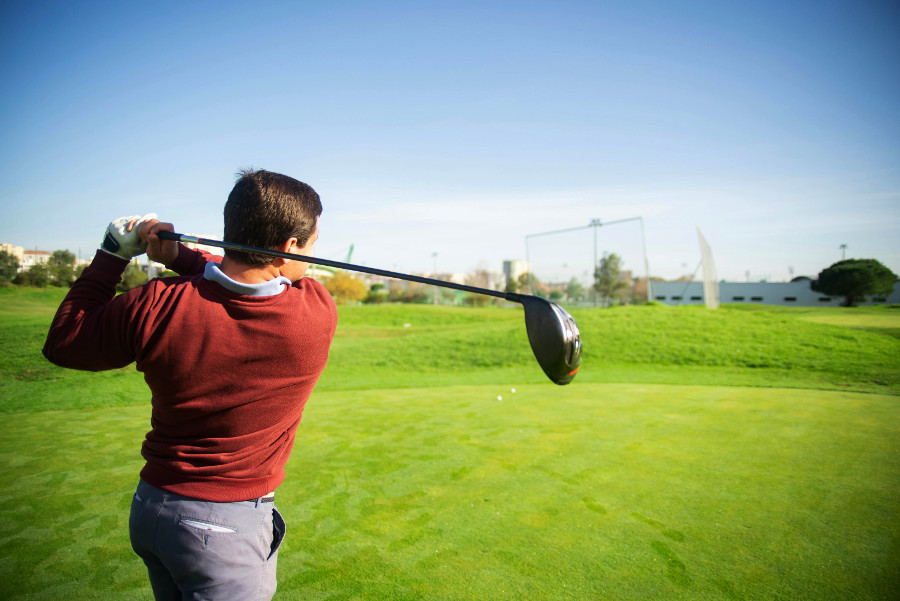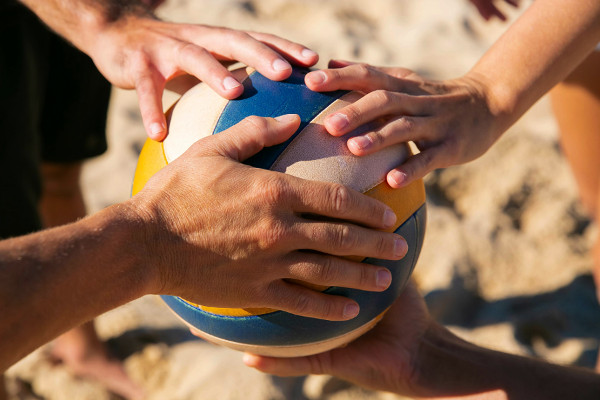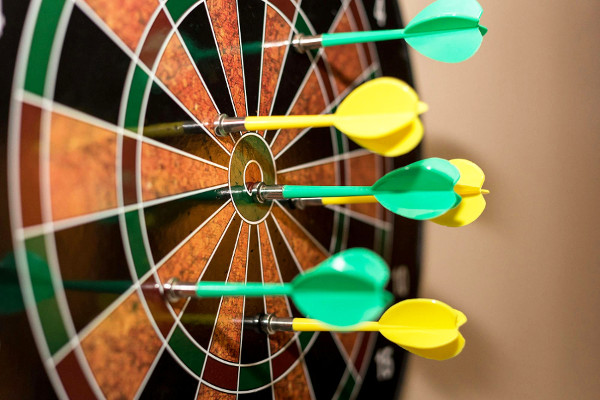What Are The Benefits of Joining a Sport Club and How to Get Involved in Practice and Games?
Thinking about joining a sport club but unsure where to begin? Whether you’re a complete beginner or looking to switch things up, this guide will help you navigate the process smoothly. From understanding the benefits and costs to what to expect in your first session, we cover all the essentials. You’ll also find tips on choosing the right club, the difference between competitive and recreational options, and what gear you’ll need to get started. Ready to dive in? Let’s go!

How do I join a sport club?
Joining a sport club is actually pretty straightforward once you know where to start. First, you want to look around your local area for clubs that offer the sport you’re interested in. Check out their websites or give them a call to find out how membership works. Usually, you’ll fill out a form and maybe attend a trial session to see if it’s a good fit. After that, you pay your membership fee, and you’re in! Some clubs might ask for documents or health forms, so be ready for that. Most importantly, it’s about showing up, getting involved, and following the club’s guidelines so you can really enjoy the experience.
What are the benefits of joining a sport club?
Being part of a sport club is about much more than just exercise. It gives you a chance to improve your skills with regular training and expert coaching. Plus, it’s a great way to meet people who share your passion, making workouts feel less like a chore and more like fun. Sport clubs also teach you discipline, teamwork, and commitment – qualities that spill over into everyday life. Many clubs organize competitions and social events, which can boost your confidence and make your experience more exciting. And of course, keeping active through a club improves your physical health and mental well-being.
How much does it cost to join a sport club?
The cost of joining a sport club can vary a lot depending on where you live and what sport you choose. Some clubs charge just a small monthly fee, while others ask for a yearly payment or extra costs for coaching and tournaments. Don’t forget to consider expenses like equipment, uniforms, and sometimes travel to competitions. Some clubs offer discounts for students or families, so it’s worth asking about that. Before signing up, get a clear idea of all the fees involved to avoid surprises. Knowing the financial commitment helps you decide if the club is right for you.
Can beginners join a sport club?
If you’re a beginner, don’t worry – many sport clubs are welcoming and ready to help you get started. They usually offer beginner classes or sessions that teach you the basics and let you learn at your own pace. Coaches understand that everyone starts somewhere and are often great at supporting newcomers. Sometimes, clubs divide training into groups by skill level to make sure you’re comfortable. Be honest about your experience when you join so you can get the right support. Starting fresh in a club is a great way to build confidence and have fun learning something new.
How do I find the right sport club for me?
Finding the right sport club means thinking about what fits your goals and lifestyle best. Start by searching for clubs nearby that offer your sport of choice. Read reviews online or ask friends for recommendations. If you can, visit a few clubs to watch a practice and meet the coaches. Think about what kind of atmosphere you want – are you looking for something casual or competitive? Also, check the schedule and fees to make sure they work for you. Asking questions and getting a feel for the club helps you pick a place where you’ll feel motivated and enjoy yourself.
What should I expect during the first session at a sport club?
Your first session at a sport club is usually all about getting comfortable. Expect a warm-up to get your body moving, followed by some basic drills or exercises to introduce you to the sport and see where you’re at. Coaches will likely explain the session’s structure and the club’s rules. You might also be asked to complete some paperwork if you haven’t already. The vibe is typically welcoming, and the focus is on helping you learn without pressure. It’s normal to feel a bit nervous, but everyone was new once, and the club wants you to succeed.

Do I need any prior experience to join a sport club?
Generally, you don’t need any previous experience to join a sport club. Most clubs welcome all skill levels and have coaching tailored to beginners as well as more advanced players. They often start newcomers with fundamental drills to build skills gradually and safely. When you sign up, clubs may ask about your background so they can place you in the right group. That said, if you’re aiming to join a high-level competitive club, some experience might be expected. Always check with the club first to make sure their program suits your level.
How often do sport clubs typically meet or practice?
How often sport clubs meet varies quite a bit depending on the club and the sport. Many recreational clubs hold sessions once or twice a week to keep things fun and flexible. More competitive clubs can practice several times a week, sometimes even daily, especially when preparing for tournaments. Besides regular practices, clubs often arrange matches or social events on weekends. When you join, you’ll get a schedule that fits the club’s activities and your availability. Showing up consistently helps you improve and stay connected with the team.
Can I join a sport club without a team?
It’s totally possible to join a sport club even if you’re not on a team yet. Many clubs accept individual members who want to train, learn, or just enjoy the sport socially. You can practice with others and sometimes get placed on a team later on. Some clubs have casual leagues or open sessions where teams form naturally during play. If you’re interested in competing, you might eventually join a team, but starting out solo is a great way to ease into the club’s environment and build skills at your own pace.
What is the difference between recreational and competitive sport clubs?
Recreational and competitive sport clubs offer quite different experiences. Recreational clubs are mostly about having fun, staying active, and meeting people without the pressure to perform. They’re perfect if you want to enjoy the sport casually and on your own terms. Competitive clubs, meanwhile, focus on skill development, serious training, and preparing for tournaments or leagues. These clubs usually have more demanding schedules and higher fees because they provide intensive coaching and travel opportunities. Your choice depends on whether you want to play just for fun or challenge yourself at a higher level.
Are there sport clubs specifically for women or children?
Yes, there are many sport clubs specifically designed for women or children. Women-only clubs or sessions create a welcoming space where female athletes can feel comfortable and supported. These groups often focus on empowerment and community. Children’s clubs, on the other hand, tailor activities to young players, emphasizing fun, safety, and skill-buildin
Here are a few useful resources for further reading:
- Sportscotland – Community Sport Hubs
- Sport England – Clubs and Groups
- European Multiclub Sport Association
- Sport Clubs International
Enjoy your journey towards a healthier life.



